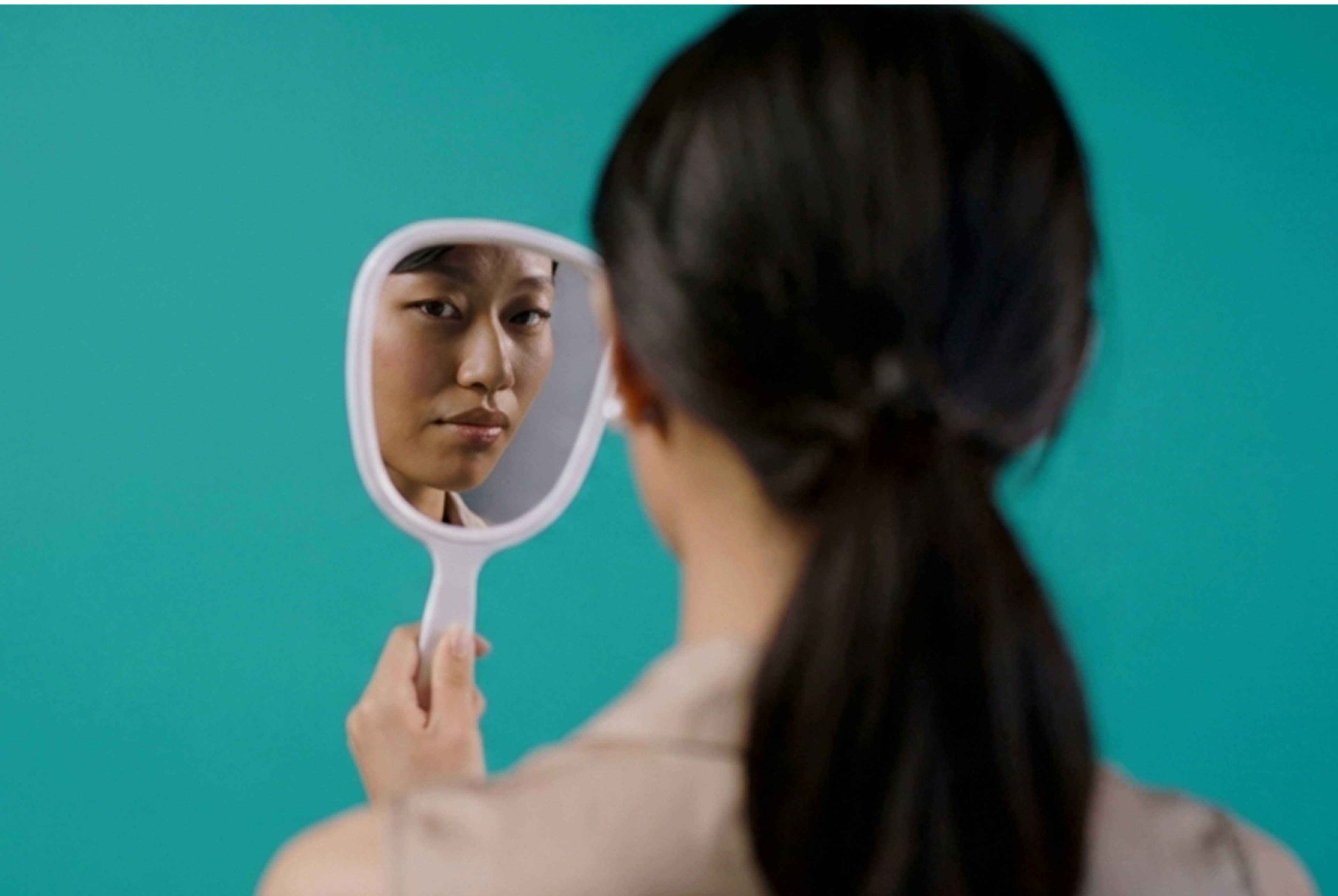

When we think about eating disorders, we often picture young people: adolescents, teens, and young adults struggling with body image and disordered eating behaviors. But, as Equip’s recent survey makes clear, eating disorders and body image issues don’t disappear as we age: they affect people at every stage of life, including older adults.
In fact, hormonal shifts during menopause and andropause—key life transitions that typically occur after age 40—can play a significant role in triggering or intensifying eating disorders later in life. For women, menopause typically begins around age 40, when estrogen levels drop by about 60%, and progesterone production ceases almost entirely. The rapid decrease in these hormones can trigger a variety of symptoms, including mood swings, weight gain, and hot flashes, all of which can have an effect on eating behaviors and body image.
Men also experience their own version of hormonal changes, known as andropause. Starting around age 25, testosterone levels decrease by about 1% annually, and then begin to decrease more rapidly in middle age. Symptoms of andropause include lower energy, depression, increased belly fat, muscle loss, a decrease in libido, and more emotional reactivity, which can have their own impact on body image and eating habits.
These hormonal shifts, along with other life challenges that show up in older adulthood, can contribute to disordered eating, body image struggles, and diagnosable eating disorders. Our recent survey of over 1,000 people aged 40+ highlights this reality, showing that eating disorders are not just a youth issue—they are a lifelong struggle that needs greater attention, especially as we age.
Key findings: eating disorders and body image struggles in midlife
Equip’s survey reveals that eating disorders and concerns over body image are not confined to younger individuals. The survey shows that hormonal changes, particularly those experienced during menopause and andropause, contribute to eating behaviors and body dissatisfaction in midlife and beyond. Here’s what we learned:
Body dissatisfaction is widespread
Our survey found that 75% of respondents aged 40+ are dissatisfied with their bodies. Among them, 64% reported that they often judge their worth based on their weight, indicating how body image struggles persist throughout life.
Eating and appearance concerns take an emotional toll
More than half of respondents admitted feeling guilty after eating because of its effect on their weight or appearance. This widespread guilt suggests a deeper psychological burden, often intensified by the hormonal changes that occur during midlife.
Midlife brings increased pressure
38% of respondents stated they think about body image more frequently in midlife compared to their younger years, feeling even greater pressure to control their weight.
Disordered eating behaviors can begin in midlife
The survey highlighted that 35% of women reported picking up disordered eating behaviors—such as meal skipping, excessive exercise, or restrictive dieting—for the first time in midlife (ages 36-65). Many attributed these behaviors to feelings of loss of control over their bodies, particularly during hormonal shifts like menopause.
The role of hormonal shifts: menopause and andropause
Hormonal changes during menopause and andropause often have a profound impact on eating behaviors and body image. These shifts can cause weight gain, emotional instability, and body dissatisfaction, all of which can trigger or exacerbate disordered eating behaviors.
Hormones impact women’s body image
The survey found that 42% of women in menopause reported negative changes in how they felt about their bodies. Many women noted that weight gain, mood swings, and feelings of losing control over their appearance led them to engage in disordered eating behaviors, such as restrictive dieting and over-exercising.
Andropause: men are affected too
While much of the conversation around body image focuses on women, our survey also found that 39% of men felt worse about their bodies as they aged. Symptoms of andropause—such as increased belly fat, muscle loss, and decreased energy—can exacerbate body dissatisfaction. Among our respondents, 62% of men met the clinical threshold for andropause, but only 15% self-identified with the condition, indicating a significant gap in awareness and treatment.
Diet culture can make it hard to seek support
Our findings made it clear that the effects of diet culture don’t go away once people age out of teenage or young adulthood: societal pressures continue to shape eating habits, particularly for women in menopause. Among our sample, 82% of women in menopause reported that they were actively managing their weight, often engaging in disordered behaviors such as dieting or meal skipping to meet unrealistic beauty standards.
The good news is that most survey respondents believe that people of any age can seek mental health support: 63% agreed that it’s never too late to seek treatment for disordered eating behaviors. This statistic highlights an opportunity to address this issue with more targeted care and support.
Real voices: respondent quotes
The survey results are powerful, but the real-life experiences shared by respondents add a personal dimension to the data. These voices illustrate the emotional and psychological toll that eating disorders and body image issues can take in midlife and beyond:
“I absolutely feel more constrained by societal expectations to control both my weight and the overall look of my body than when I was younger. It’s harder to reach that ideal as I get older. It’s harder for me to get the exercise and well-balanced diet that society expects me to have now than it was just a few years ago.” - 40-45-year old male
“The same disgust about my body has returned, but now I have a reason to be. When I had anorexia as a teen and young adult, I was actually very thin/underweight. My current mental health issues have affected my body image. I’ve started restricting my food intake.” - 57-61-year-old female
“Perimenopause caused an ovarian cyst which brought on the worst episodes of binge eating disorder that I’ve had in my adult life.” -40-45-year-old female
“I am constantly aware when I am eating, how much I am eating and why, and keeping mental notes of how many calories I’m consuming.” - 51-56-year-old female:
“I was diagnosed with anorexia at age 53 when I was hospitalized for lumbar compression fractures due to osteoporosis, which the anorexia caused. What brought on the anorexic episode in my early 50s was a traumatic experience that I wasn’t coping with properly, and so I returned to anorexic behaviors. I would say that even to this day, at age 65, I still have anorexic-type behaviors.” - 65-year-old female
Moving forward: the need for more awareness and better support
The findings from our survey highlight the urgent need for greater awareness of and support for older adults dealing with eating disorders and body image issues. Hormonal shifts during menopause and andropause significantly contribute to these struggles, but stigma and misconceptions about eating disorders remain barriers to treatment.
Thankfully, many adults dealing with eating disorders are open to getting help. This presents an opportunity for healthcare providers, support networks, and society at large to focus on adults in midlife and beyond, offering them the resources they need to address eating disorders and improve body image.
If you or someone you know is struggling with disordered eating or body image concerns, remember that help is available. It’s never too late to seek support. Together, we can create a more supportive and compassionate environment for older adults facing these challenges.







